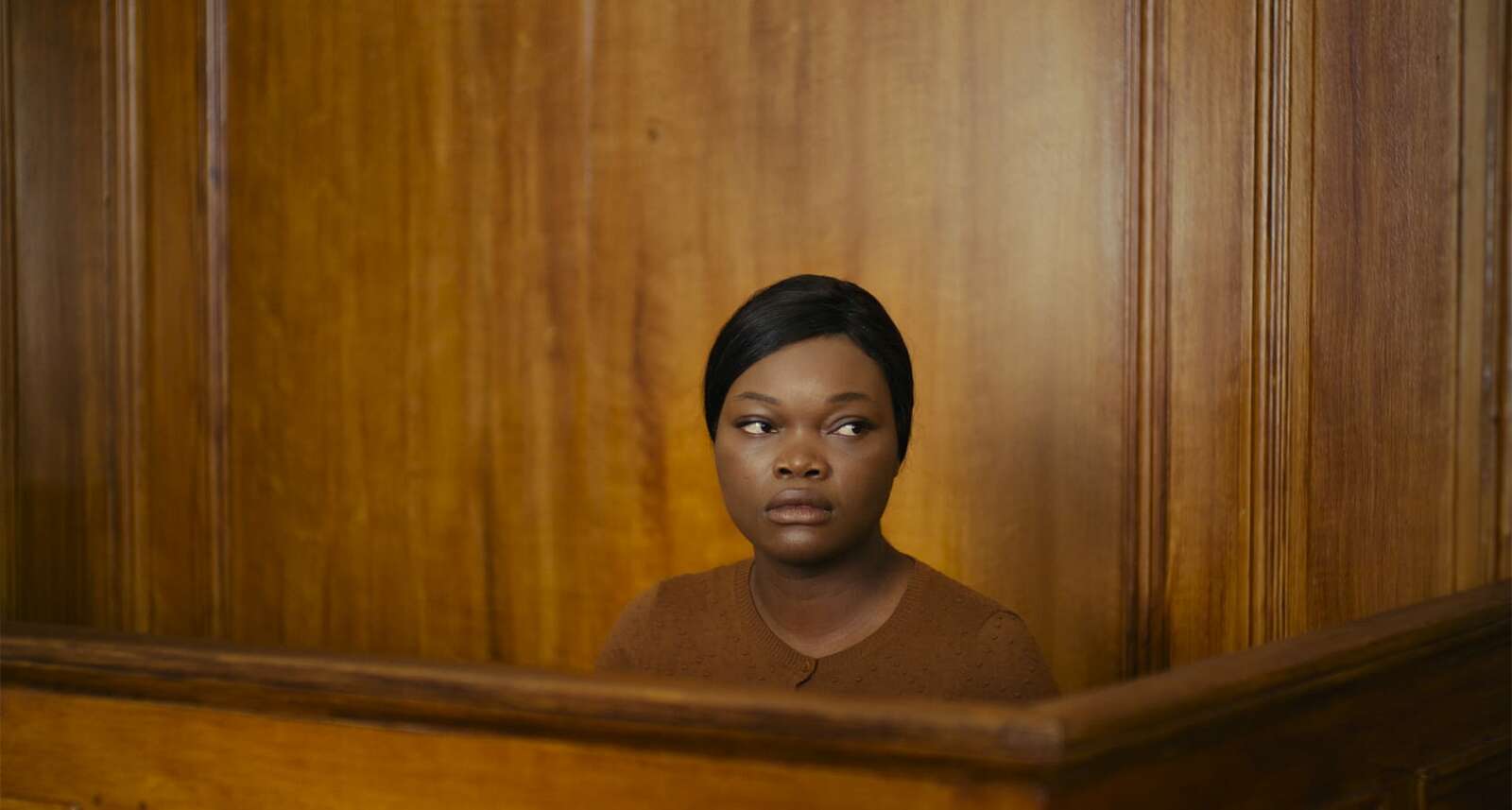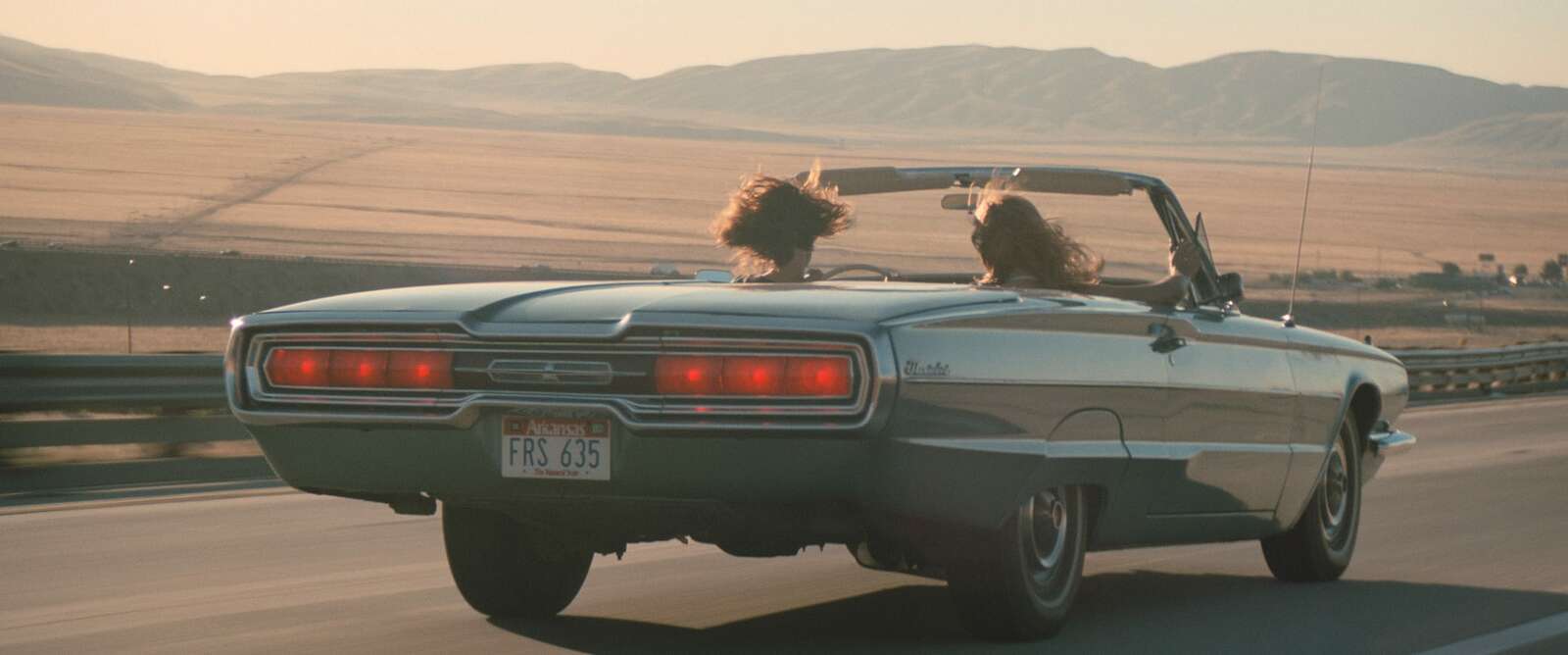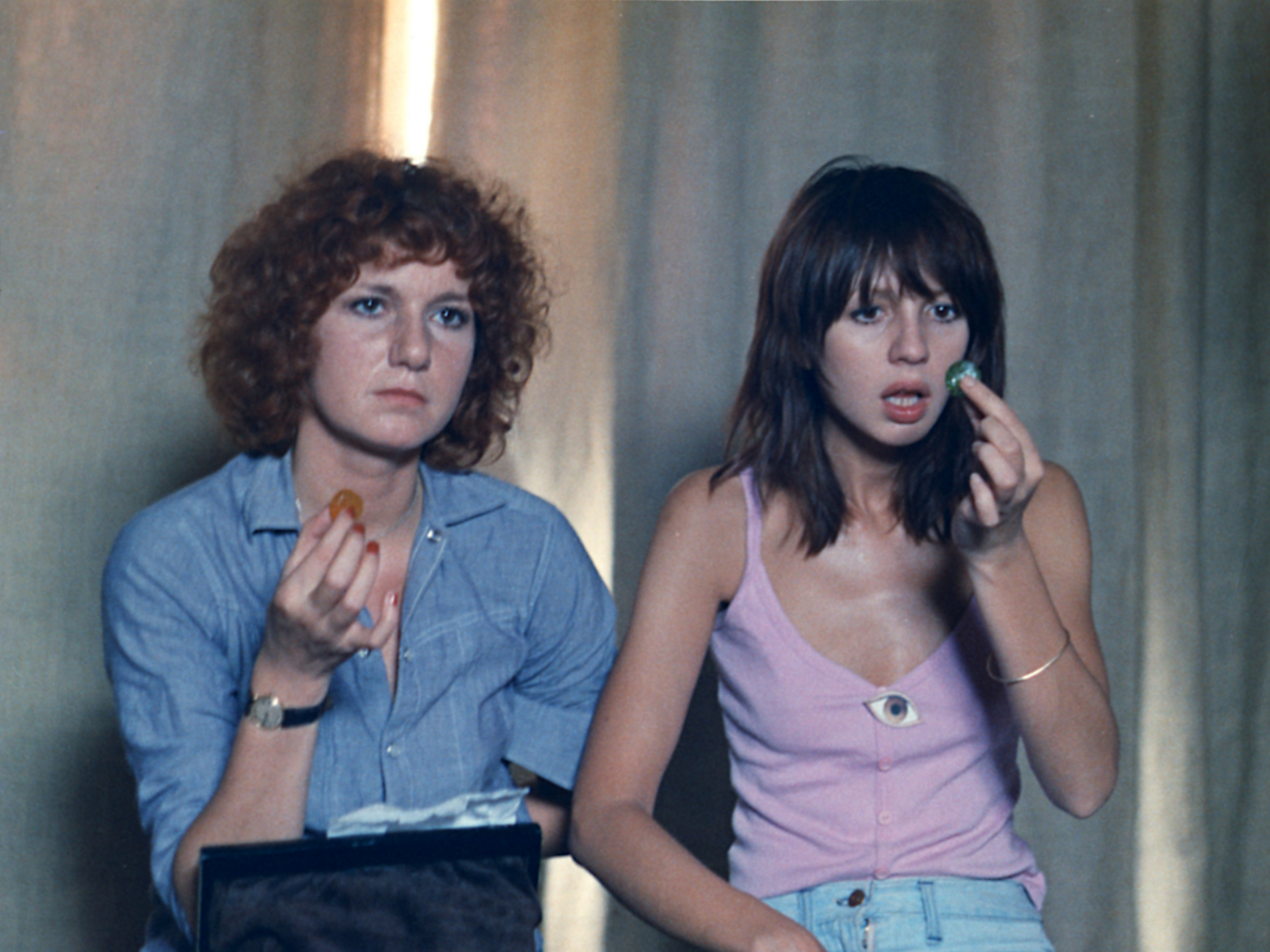Some people were frustrated/angry this week (example and example) that Barbie's Greta Gerwig and Margot Robbie were not nominated for acting/directing Academy awards, even though the movie was nominated for 8 other awards (including Best Picture, where Robbie is nominated with her production company LuckyChap). The overwhelming sentiment, for those upset, was that Barbie was a uniquely feminist movie that was snubbed for misogynistic reasons.
I don't agree that the movie was particularly, or even uniquely, feminist or that the snubs were misogynistic, but I've been swayed to not dismiss the movie by observations from writers like Moira Donegan. Donegan points out that the movie has brought women together and represented/celebrated female experiences onscreen in a way many women haven't seen before.
Of course it's true that there are very few movies that represent womanhood well, but I'm happy to report there aren't none! Here are three movies I love for their sharp perspective and identity-affirming representation:
I don't agree that the movie was particularly, or even uniquely, feminist or that the snubs were misogynistic, but I've been swayed to not dismiss the movie by observations from writers like Moira Donegan. Donegan points out that the movie has brought women together and represented/celebrated female experiences onscreen in a way many women haven't seen before.
Of course it's true that there are very few movies that represent womanhood well, but I'm happy to report there aren't none! Here are three movies I love for their sharp perspective and identity-affirming representation:
1. On how impossible it feels to be a woman
Left: Saint Omer (2022) A movie I found myself thinking about last Mother's Day. A movie centered on a female character who does The Most Terrible Thing; how she got there and the deep emotional consequences of her actions. But also, most importantly, how impossible her life was, is, and will be. A movie that shook me to my core, and made me mourn how sorely lacking female subjectivity has been in film, but hopeful for what women will use cinema to say in the future. Directed by Alice Diop. Right: Thelma and Louise (1991) A remarkable, remarkable movie. We all know how it ends, but if you haven't seen it, the movie shows us how this was the only way Thelma and Louise could go—and explicitly because of men, because of patriarchy, because of patriarchal systems. Though this movie is directed by Ridley Scott, the screenplay was written by Callie Khouri. Both movies show, *rather than tell*, how impossible it is to be a woman.
2. A parallel reality where girls run the world
Céline and Julie Go Boating (1974) Men figure rarely in this dreamy 3-hour romp through Paris with Céline and Julie. Their days are filled with magic, eye-ball rings, candy, and rowboats. When a man does come in along with the strictures and boring passions of heteronormativity, our two heroines save a young girl from this reality, liberating her into their silliness, their joy, and their unburdened way of life. Though this movie is directed by Jacques Rivette, the collaboration and real-life friendship of the actors playing Céline and Julie (Juliet Berto and Dominique Labourier) is what gives this movie its feminine vitality.
---
I think the true feminist failing in this movie award season’s stories is Sofia Coppola sharing how she had to creatively co-opt scenes filmed for a commercial for Priscilla's LA scenes. She reportedly wanted the film to include more scenes in Los Angeles, but was unable to film more because funds ran out. Coppola is not only connected, but has also proven herself with consistent, profitable indie box offices over the course of 25 years; if she is not getting the money to embody her full creative vision, then what woman is?
I compare this with Oppenheimer—a movie I love, can’t get enough of, am going to see theatrically again this week—whose DVD making-of featurette I watched recently. This was a movie where it seems no expense was spared, every detail was rigorously pored over by the highest-quality team, and for me as a rabid filmgoer it very satisfyingly shows.
I know there were probably complex financing agreements and bridges, and that Christopher Nolan and the producers had to raise money in creative ways; it’s how fundraising feels to anyone. But it also makes me wonder what it would look like if a non-white cis male director were to receive a blank check, and the spectacle/power of that vision.
Sadly I think the only movie we really have of that so far is a two-hour PR cleanse of and commercial for a toy brand. Here's hoping mainstream feminism gets to decouple itself from consumerism at some point 🩱


